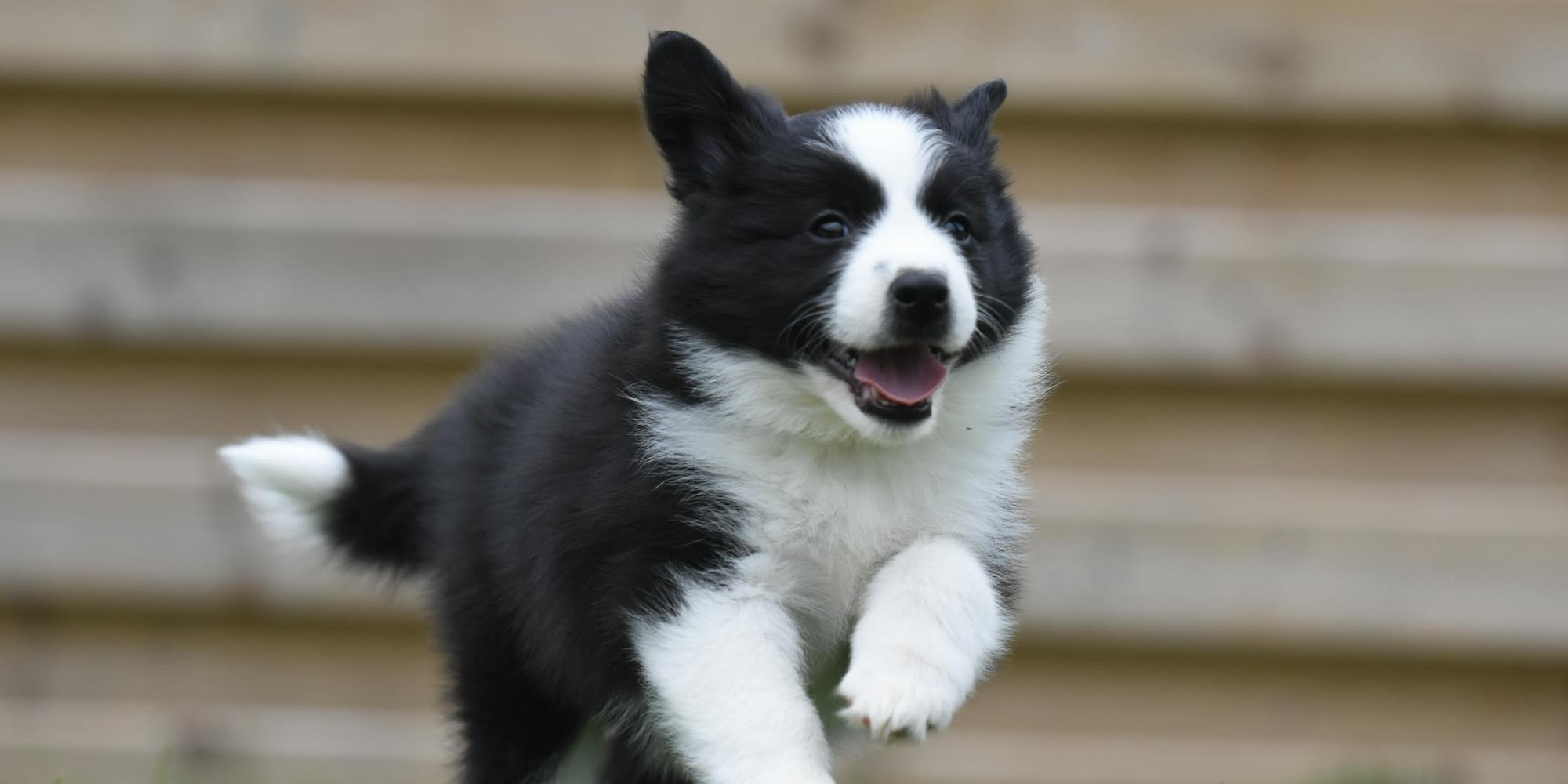Even with the best puppy food, making the wrong exercise choices can cause joint damage. Here’s what every puppy owner should know about balancing nutrition and exercise.
Why puppy joints are so vulnerable
Puppy bones are literally soft. Calcium and phosphorus in puppy food support bone growth, but developing bones remain fragile until they’re fully formed. Too much impact before they’re ready can cause permanent damage.
Growth plates only close completely between 12-18 months (depending on the breed). Until then, joints are extra sensitive to overload.
Common exercise mistakes
❌ What to avoid:
Long walks or running
- Too much impact on soft growth plates
- Puppies are often too excited to stop on their own
Walking on loose sand or uneven terrain
- Increased risk of slipping or stumbling
- Unstable surfaces put extra strain on joints
High-impact activities
- Jumping on/off furniture
- Climbing stairs
- Agility training before 18 months
Sudden stops during retrieving games
The "tire them out" mentality
✅ What to do instead:
Controlled, gentle movement
- Short walks on flat surfaces
- Free play at your puppy’s own pace
- Swimming
The 5-minute rule – but with nuance
The well-known guideline of "5 minutes per month of age, twice a day" is a starting point. More important: let your puppy set the pace. Controlled, gentle movement is always good. Think sniffing, relaxed walks, and calm exploration.
Mental stimulation
- Puzzle toys
- Basic training (sit, stay, come)
- New scents and experiences
The nutrition + exercise connection
Perfect food can’t make up for the wrong kind of exercise. Both aspects must be right:
- Proper nutrition: Balanced calcium/phosphorus for bone building
- Appropriate exercise: Controlled activity for healthy development
Too little exercise isn’t ideal either. Puppies need activity for muscle growth and coordination, but it must suit their stage of development.
Warning signs
Stop immediately if you notice:
- Puppy panting excessively
- Limping after exercise
- Reluctance to continue
- Seeking rest during activity
Remember: A tired puppy isn’t always a happy one. Over-tiredness can be just as harmful as too little exercise.
The golden rule
Quality over quantity. Short, positive experiences build confidence. Long, exhausting sessions can be harmful both physically and mentally.
Your puppy’s joints develop only once. Invest in the right balance of nutrition and exercise for a lifetime of healthy joints.
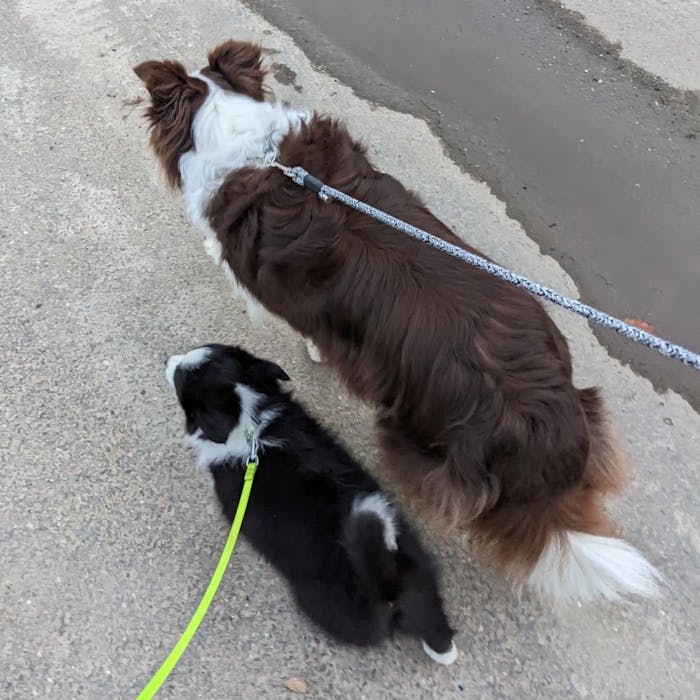
Unsure about the right balance?
Every puppy is unique. Breed, size, and individual development determine what’s optimal. Contact us for personal advice tailored to your puppy’s breed and stage of development.
Contact usCheck out these articles
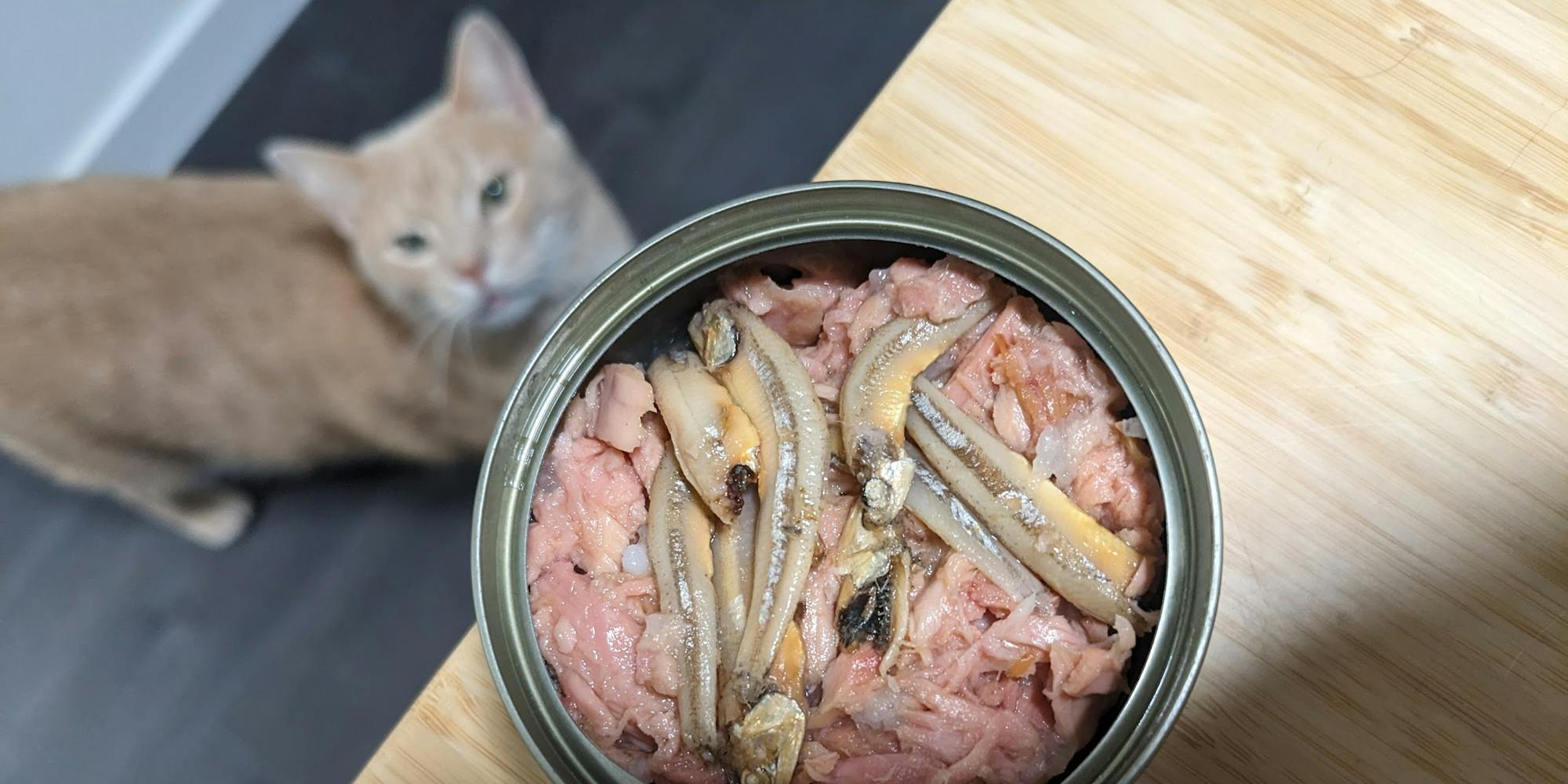
1/8/2025
Wet food = spoiled cat? The truth about cats and moisture
"Wet food is a luxury" or "only for picky cats" are common myths you often hear. The reality? There’s a scientific reason why cats thrive on wet food, and it all comes down to their evolution.
Lees meer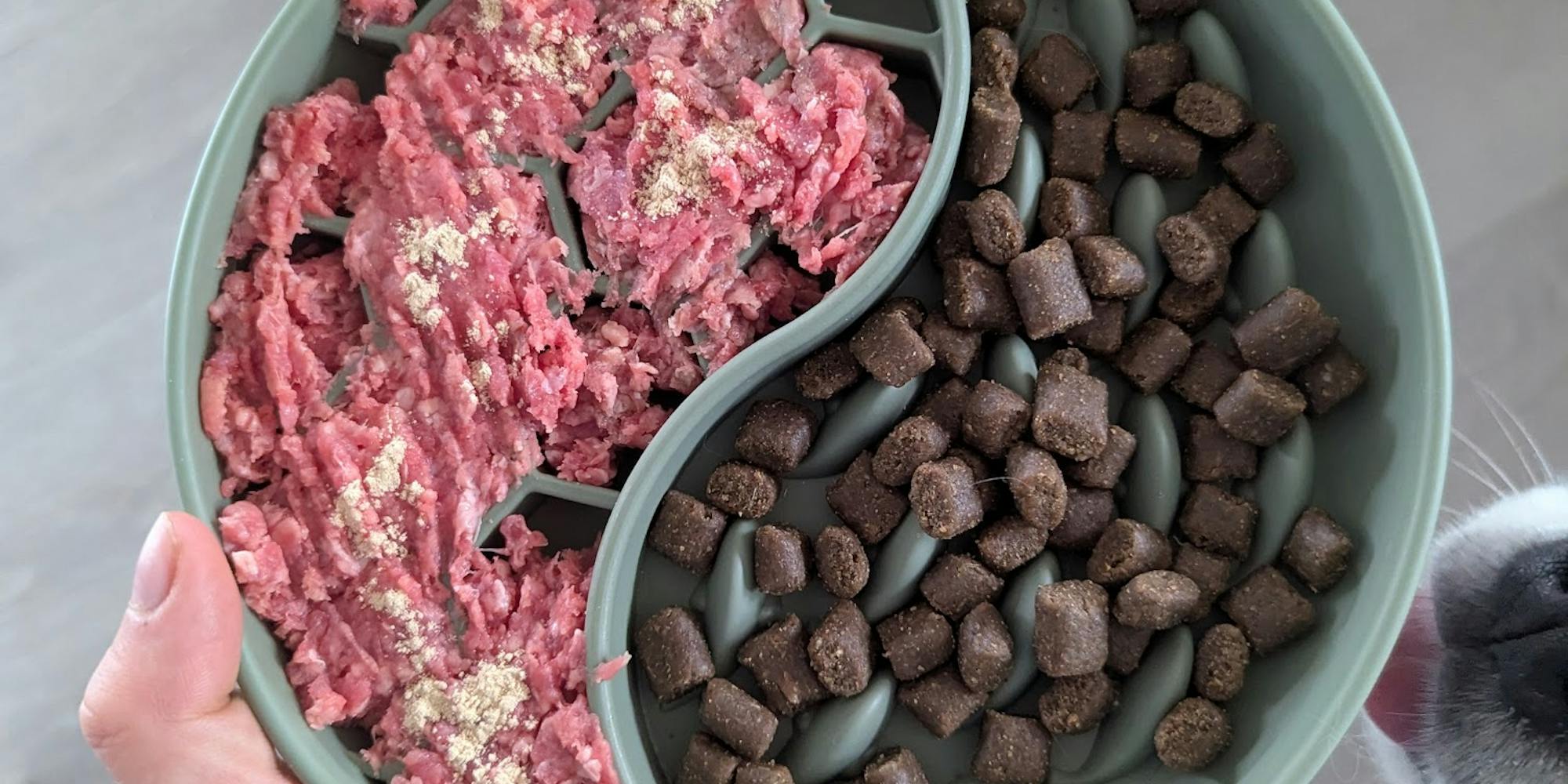
27/7/2025
Raw, kibble, or cooked: what’s best for your pet?
“What’s the best food for my pet?” – probably the most frequently asked question in pet nutrition. The truth? It depends on your situation and your pet’s individual needs.
Lees meer
27/7/2025
Why pregnant dogs need specialized nutrition
"She eats high-quality food, so that should be enough, right?" This is a question I often hear from owners of pregnant dogs. But pregnancy and lactation create completely different nutritional needs.
Lees meer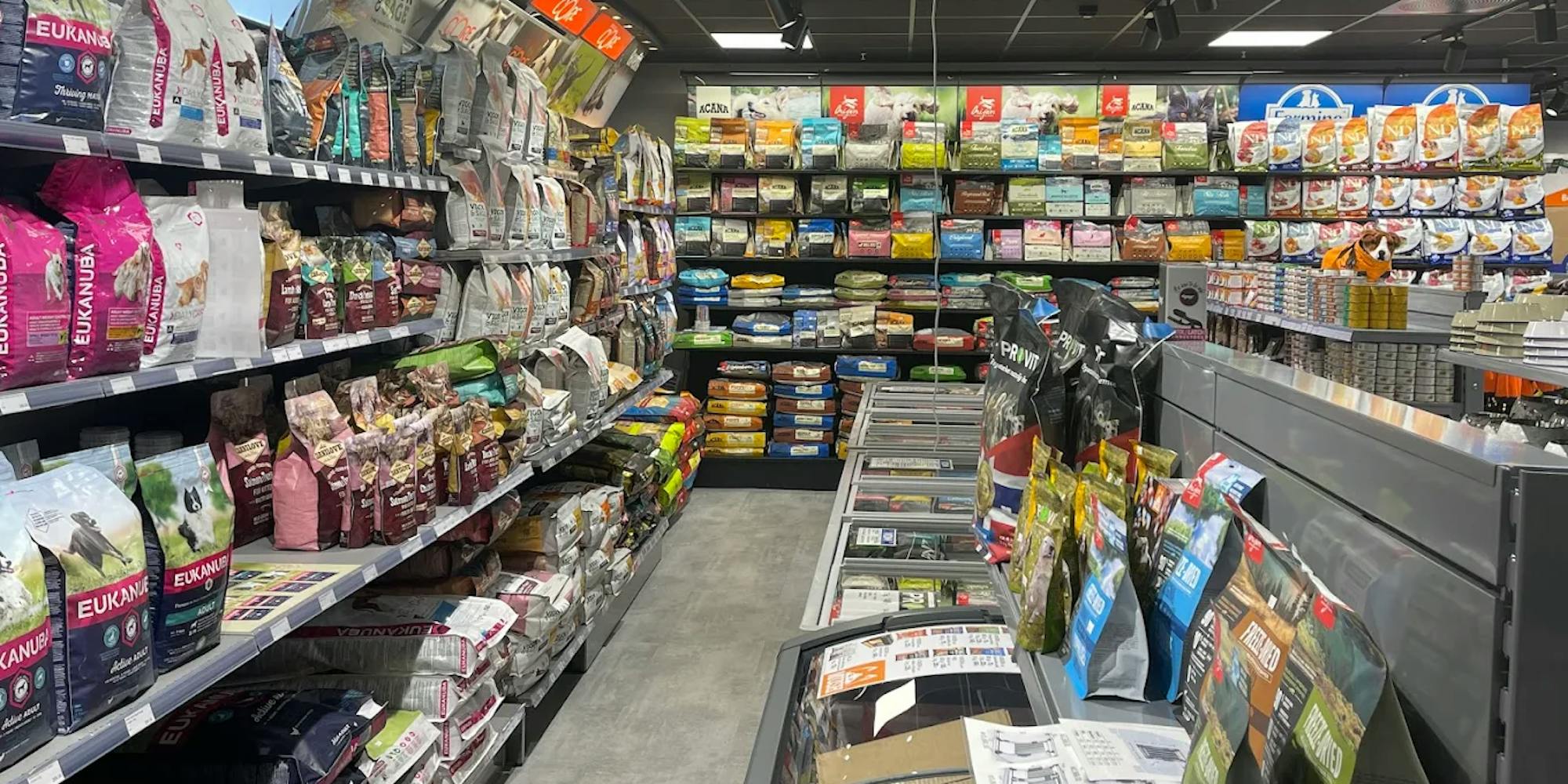
27/7/2025
Overwhelmed by food labels? The truth about dog food
Feeling lost in the aisles of dog food? With hundreds of options and claims like "premium", "natural" and "gourmet", choosing the right food has become quite a challenge.
Lees meer
